Sudanese officials reported a tentative agreement between the government and the Rapid Support Forces (RSF) paramilitary group, a development that has raised hopes for an end to the country's brutal war. The agreement, announced on November 5, 2025, comes after a series of intense battles in the capital city of Khartoum, which had left thousands of civilians dead or displaced.
According to sources close to the negotiations, the agreement includes a ceasefire and the establishment of a joint committee to oversee the implementation of a peace deal. The committee will be tasked with addressing key issues such as the distribution of power, the role of the RSF, and the rights of civilians. The agreement also calls for the withdrawal of RSF forces from the capital city and the establishment of a transitional government.
"We are cautiously optimistic about the agreement," said a senior government official, who wished to remain anonymous. "It's a step in the right direction, but we need to see concrete actions from both sides to ensure that the peace holds." The official noted that the agreement was the result of intense negotiations between the government and the RSF, facilitated by international mediators.
The conflict in Sudan has been ongoing for over two and a half years, with the RSF, led by General Mohamed Hamdan Dagalo, fighting against the government of President Abdel Fattah al-Burhan. The war has resulted in widespread human rights abuses, including reports of mass killings, torture, and forced displacement. The international community has condemned the violence and called for an end to the conflict.
The United Nations has been actively involved in the peace negotiations, with the UN Secretary-General, António Guterres, calling for a ceasefire and a return to talks. The African Union has also been involved in the negotiations, with the AU's Chairperson, Moussa Faki Mahamat, urging both sides to work towards a peaceful resolution.
The agreement has been met with skepticism by some observers, who point out that previous attempts at peace have failed. "We've seen this before," said a diplomat from a European country, who wished to remain anonymous. "The RSF has a history of breaking agreements and resuming fighting. We need to see concrete actions from both sides before we can say that this agreement is genuine."
Despite the skepticism, the agreement has raised hopes for an end to the conflict. The international community has welcomed the development, with the US, the UK, and other countries calling for a peaceful resolution. The Sudanese people, who have suffered greatly during the conflict, are also cautiously optimistic about the agreement.
As the situation in Sudan continues to unfold, it remains to be seen whether the agreement will hold. The joint committee is expected to meet in the coming days to discuss the implementation of the agreement. The international community will be watching closely to see whether the agreement is followed by concrete actions from both sides.
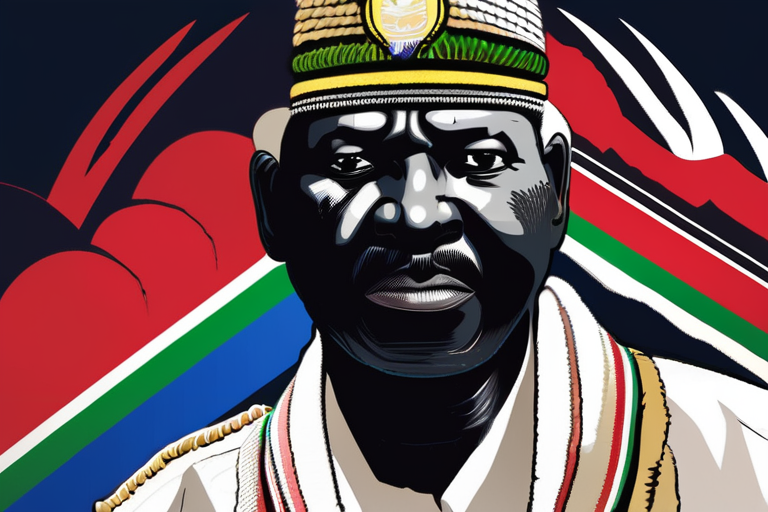


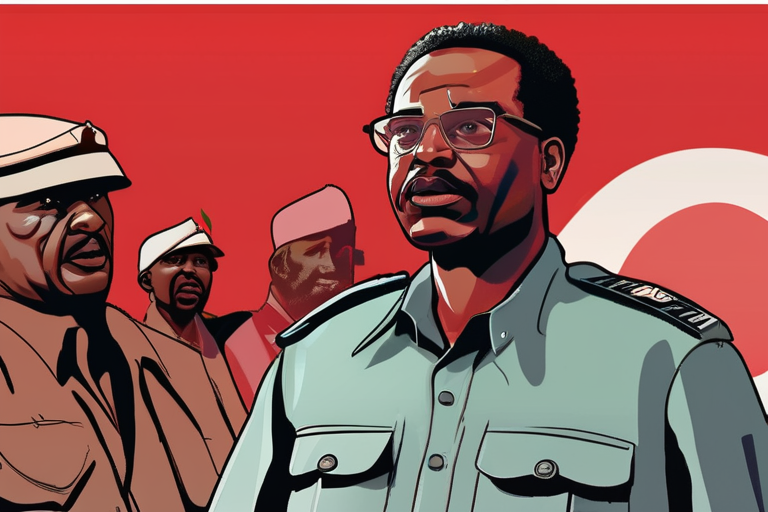
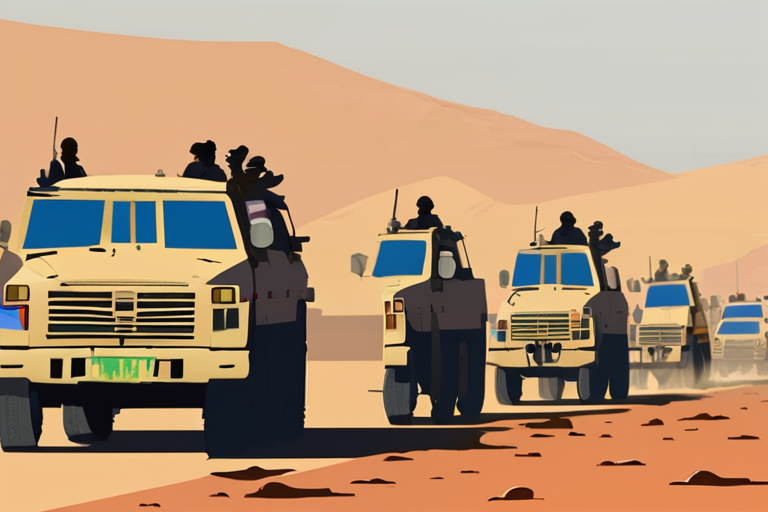
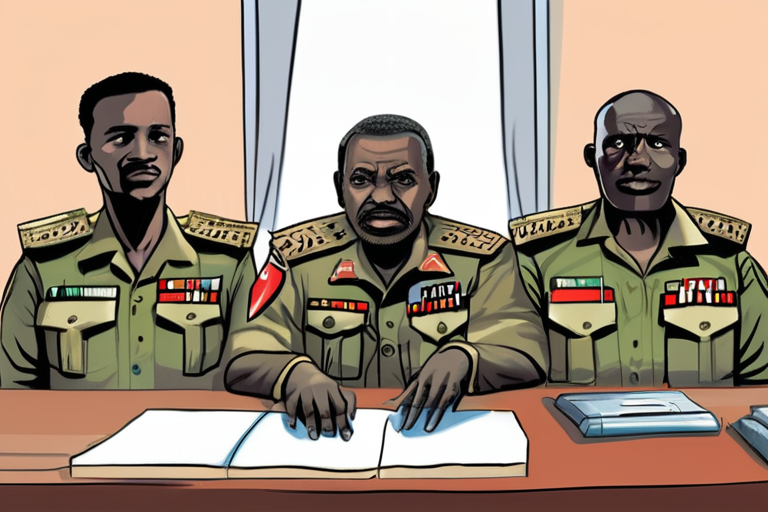

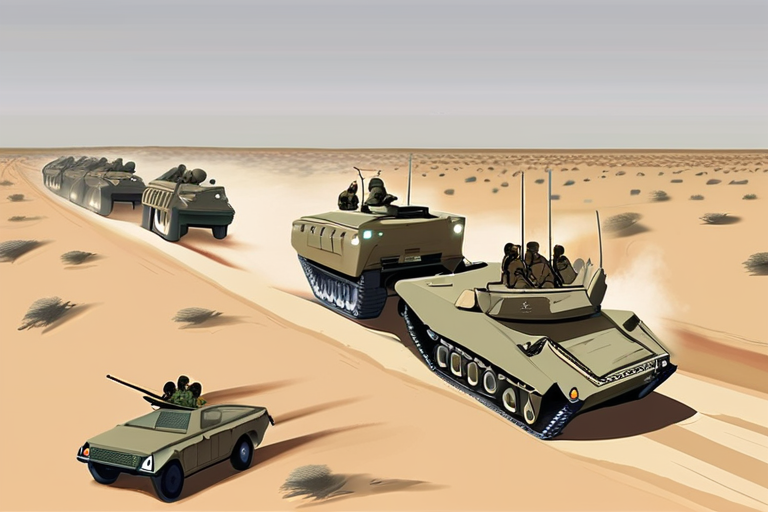
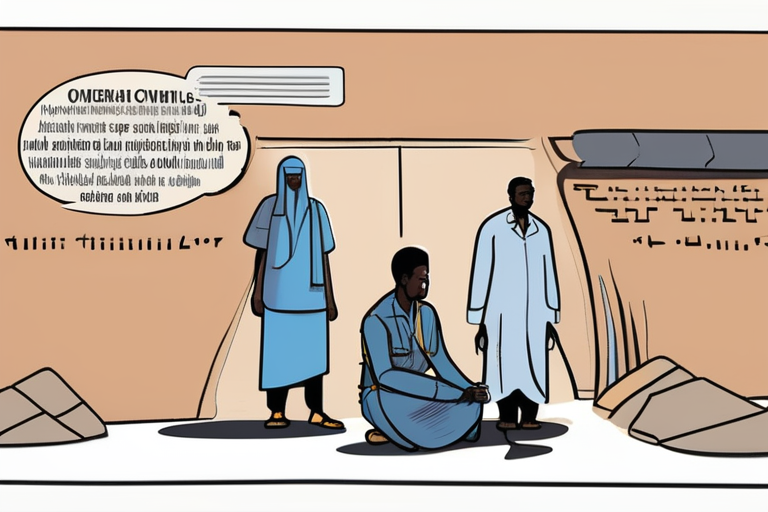
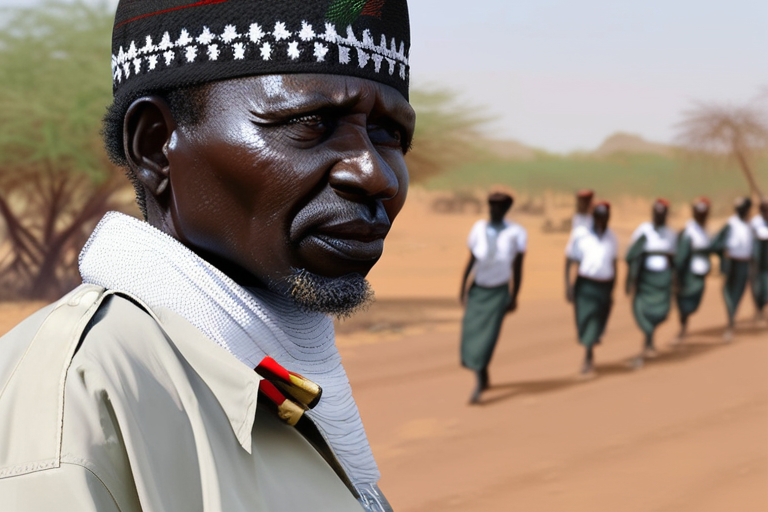
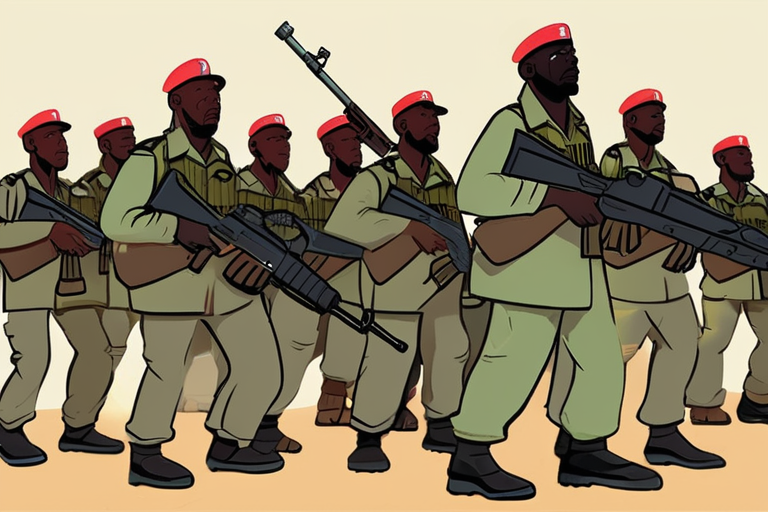
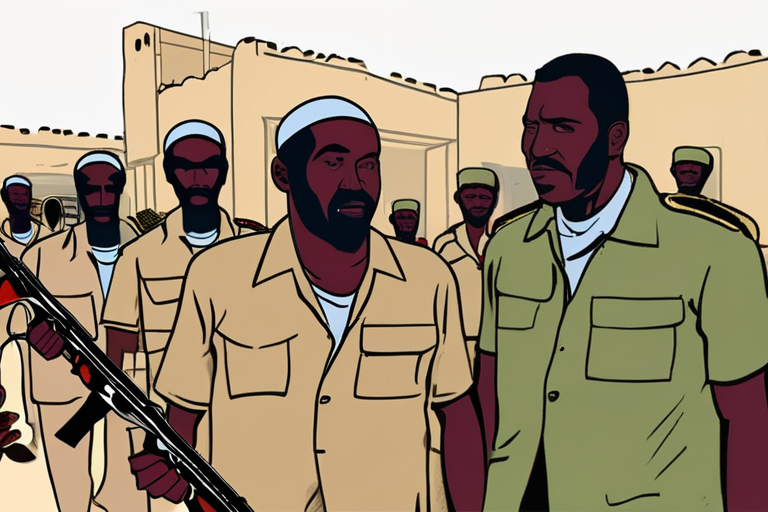
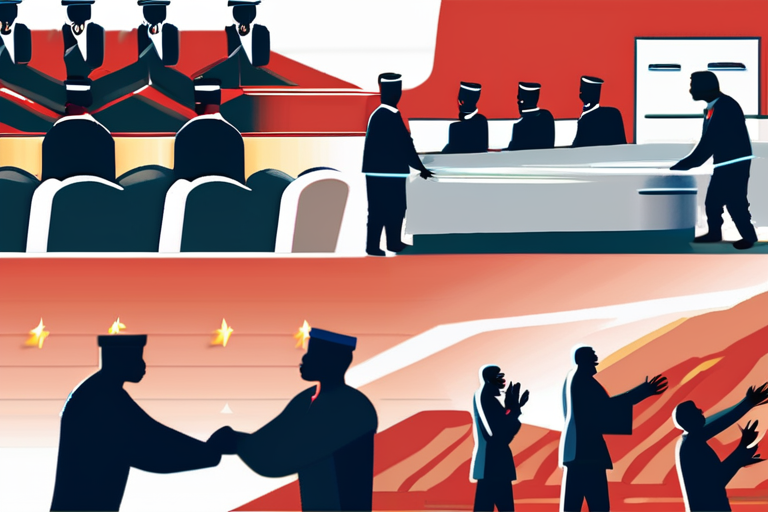
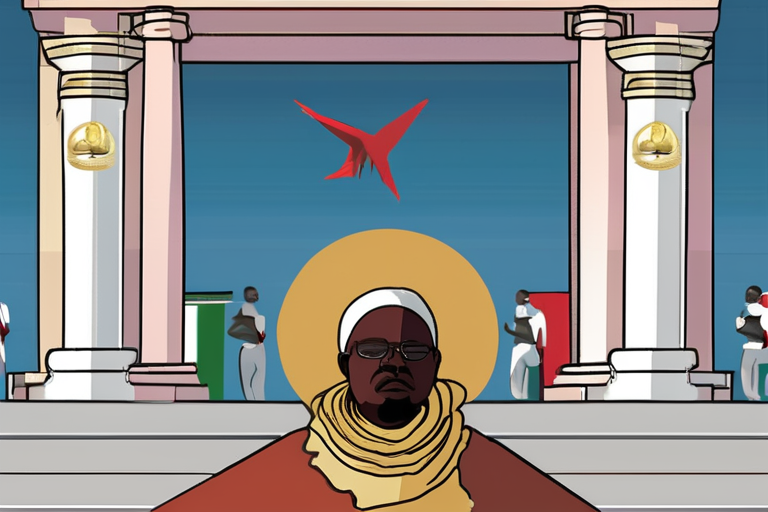
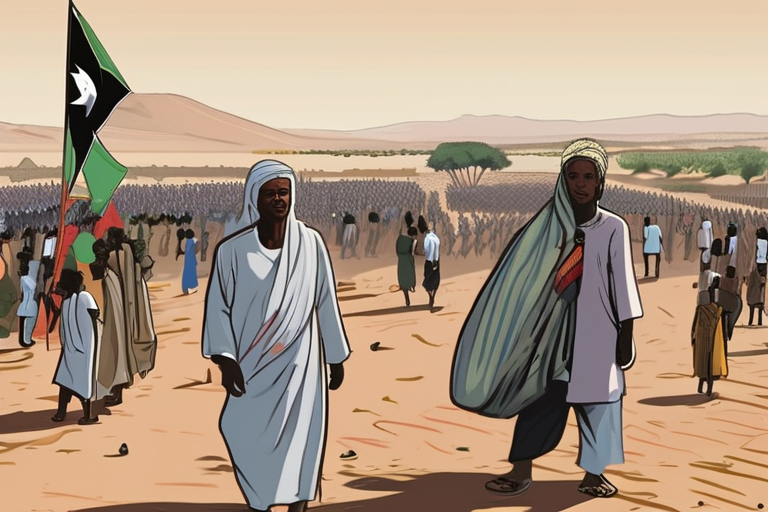
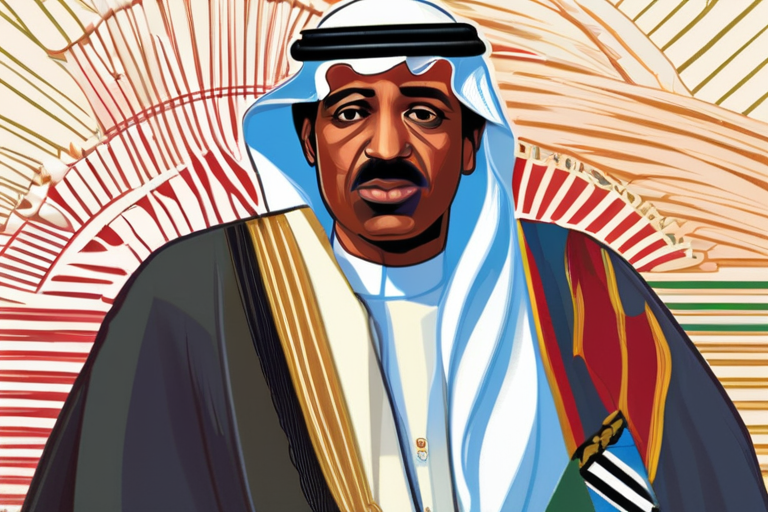
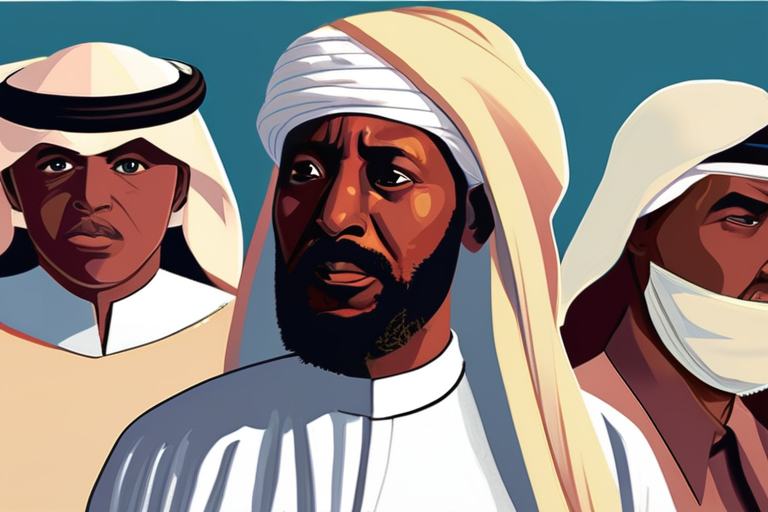
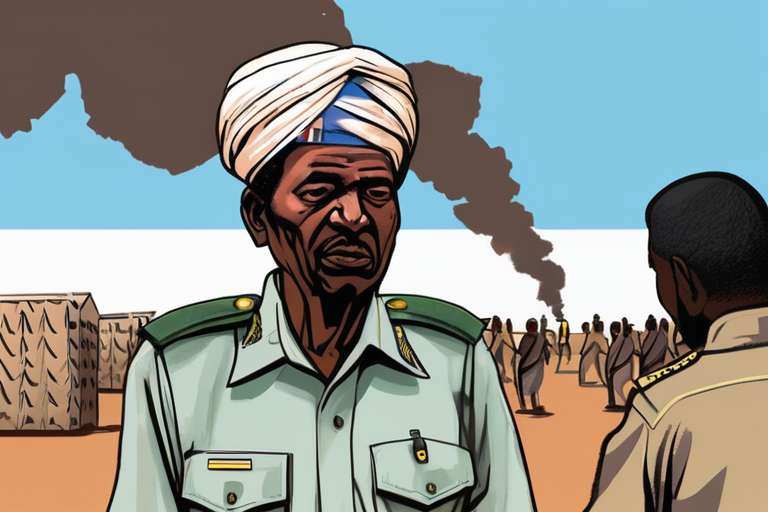
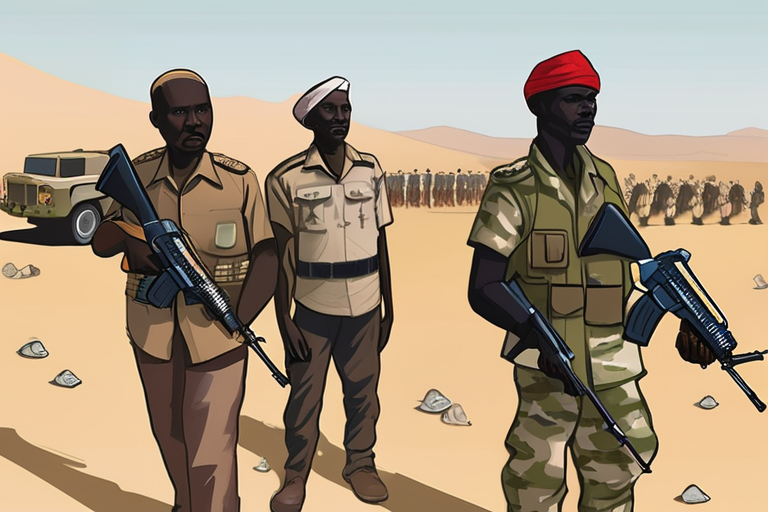
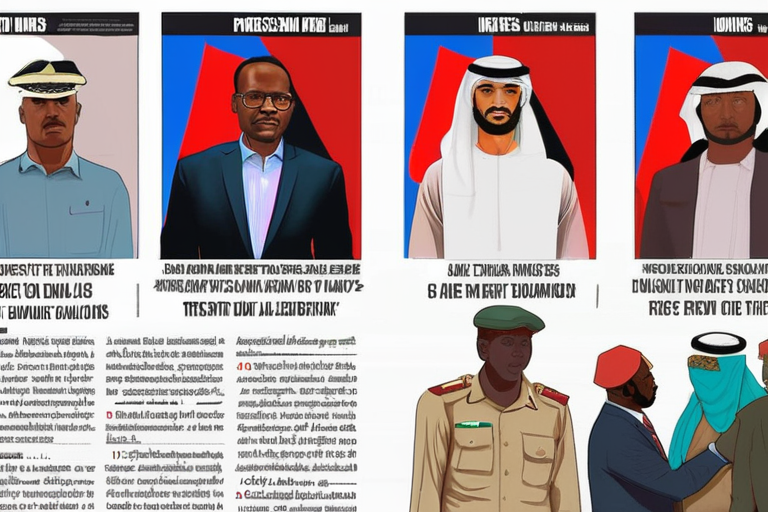
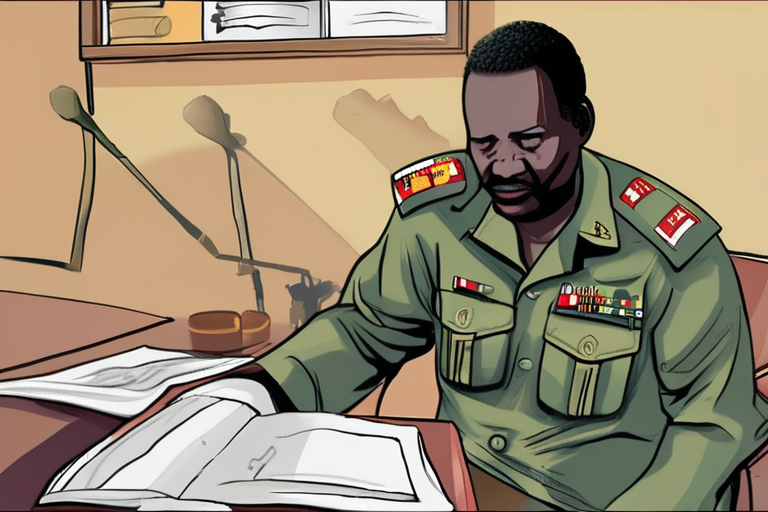
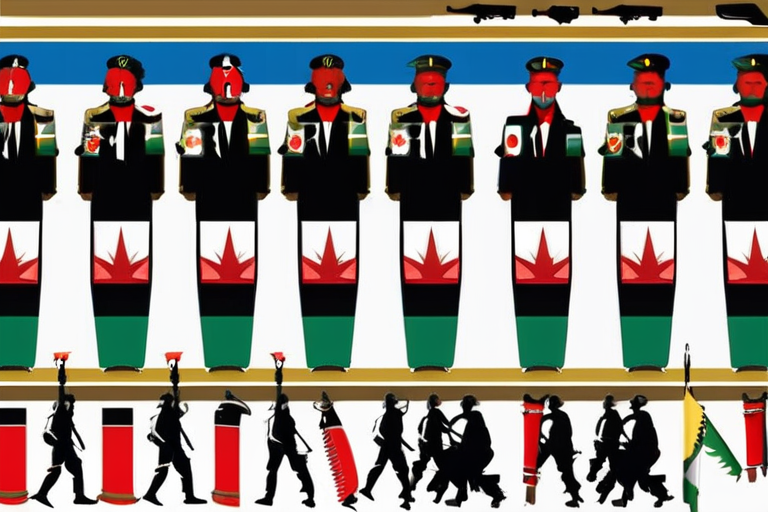
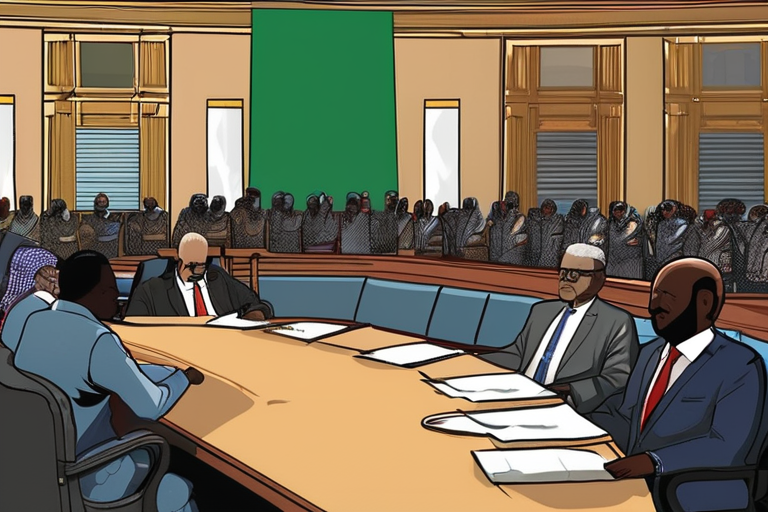

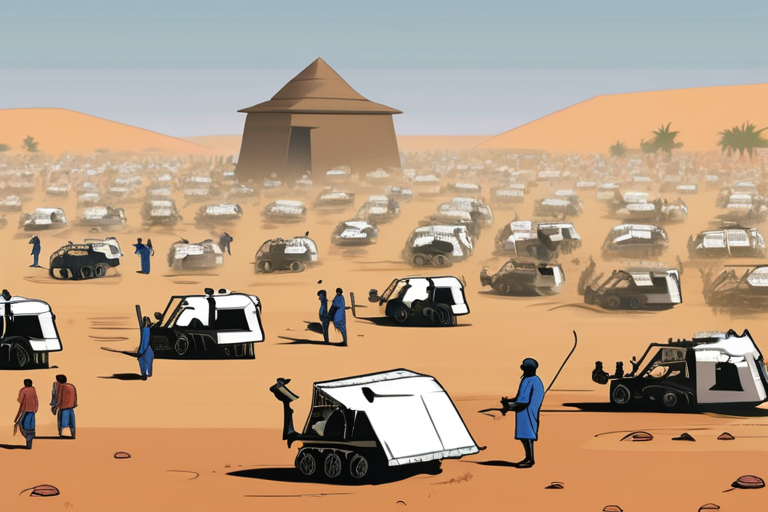
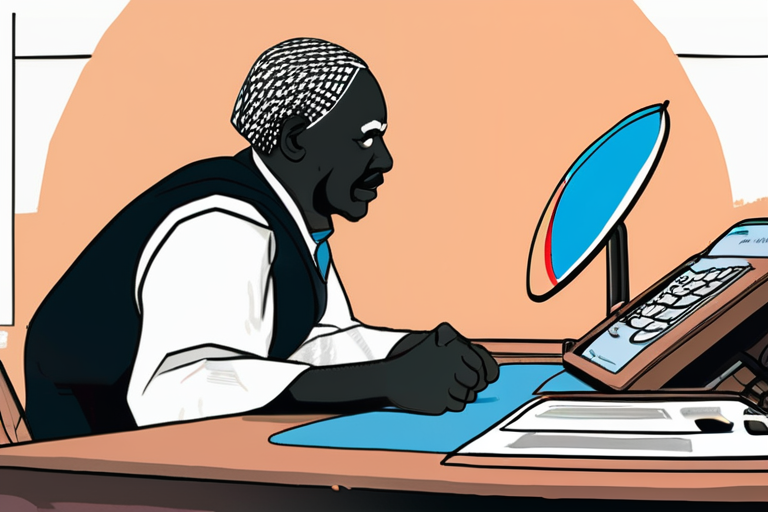
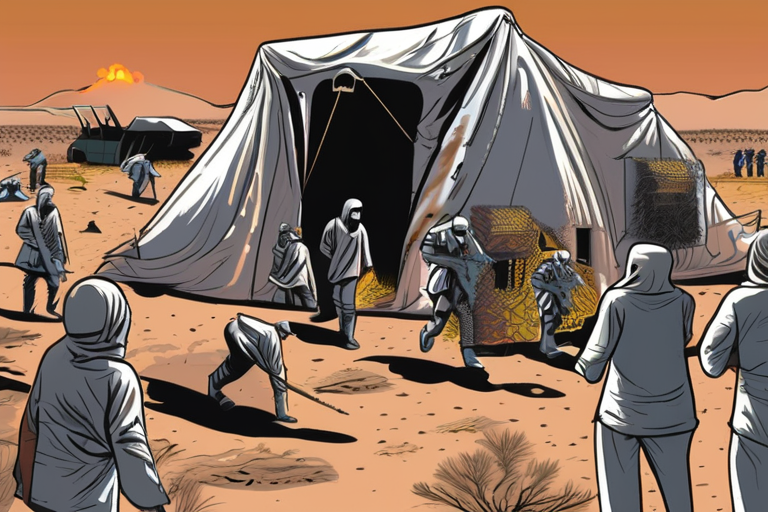
Share & Engage Share
Share this article